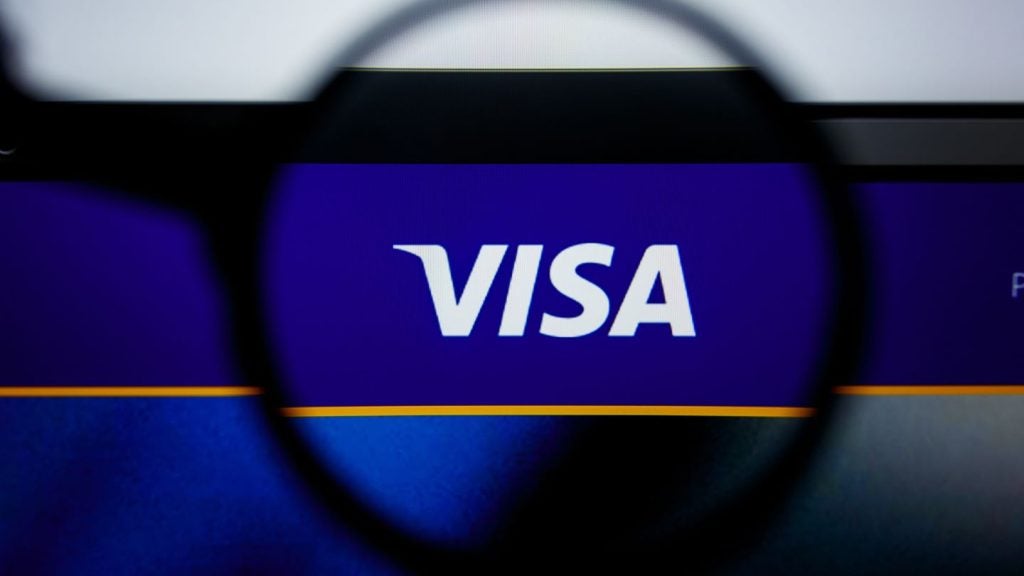Following three US Congressional hearings on
interchange fees, two in 2006 and one in 2007, proposed legislation
aimed at curbing the power card companies have in the setting of
credit card interchange fees is coming thick and fast.
interchange fees, two in 2006 and one in 2007, proposed legislation
aimed at curbing the power card companies have in the setting of
credit card interchange fees is coming thick and fast.
Congressman John Conyers from Michigan first
introduced the Credit Card Fair Fee Act of 2008 in March 2008. This
has now been followed by similar proposed legislation in the Senate
introduced in June by Illinois Senator Dick Durbin.
introduced the Credit Card Fair Fee Act of 2008 in March 2008. This
has now been followed by similar proposed legislation in the Senate
introduced in June by Illinois Senator Dick Durbin.
Hitting out at the current situation Senator
Durbin said: “American businesses and consumers are getting nickled
and dimed by the big banks, who end up making billions from these
hidden [interchange] fees.” Retailers have no choice but to abide
by the fees set without negotiation, he added.
Durbin said: “American businesses and consumers are getting nickled
and dimed by the big banks, who end up making billions from these
hidden [interchange] fees.” Retailers have no choice but to abide
by the fees set without negotiation, he added.
According to Senator Durbin an estimated $42
billion in interchange fees was collected by issuing banks in 2007,
70 percent of which related to Visa and MasterCard branded credit
cards.
billion in interchange fees was collected by issuing banks in 2007,
70 percent of which related to Visa and MasterCard branded credit
cards.
A key aspect of Senator Durbin’s bill would
permit retailers to collectively negotiate with providers of
electronic payment with “significant market power” (defined in the
bill as 20 percent or more of the credit and debit card market)
over the fees and terms for access to that system.
permit retailers to collectively negotiate with providers of
electronic payment with “significant market power” (defined in the
bill as 20 percent or more of the credit and debit card market)
over the fees and terms for access to that system.
If voluntary agreement is not reached, the
matter would be brought before a panel of three expert judges
appointed by the Department of Justice Antitrust Division and the
Federal Trade Commission.
matter would be brought before a panel of three expert judges
appointed by the Department of Justice Antitrust Division and the
Federal Trade Commission.
Senator Durbin emphasised that though
interchange fees are supposedly charged in order to cover credit
card processing costs, reports show that the cost of credit card
processing is steadily decreasing in the US while interchange fees
continue to rise.
interchange fees are supposedly charged in order to cover credit
card processing costs, reports show that the cost of credit card
processing is steadily decreasing in the US while interchange fees
continue to rise.
In a letter to Visa’s chairman and CEO Joseph
Saunders requesting clarification on issues such as this, the
Senator wrote: “It is unclear how much of the amount collected in
interchange fees is devoted to covering such costs, and how much is
used for other purposes such as marketing, rewards programs that
benefit certain cardholders, and issuer profit.”
Saunders requesting clarification on issues such as this, the
Senator wrote: “It is unclear how much of the amount collected in
interchange fees is devoted to covering such costs, and how much is
used for other purposes such as marketing, rewards programs that
benefit certain cardholders, and issuer profit.”
Durbin cited a recent analysis by consultancy
Diamond Management and Technology Consultants in which it estimated
that only 13 percent of interchange fee amounts are used to pay for
the costs of transaction processing. A similar letter was sent to
MasterCard.
Diamond Management and Technology Consultants in which it estimated
that only 13 percent of interchange fee amounts are used to pay for
the costs of transaction processing. A similar letter was sent to
MasterCard.
“Unfortunately, in their response the card
companies again failed to adequately explain how they decide what
interchange rates to charge,“ stressed Durbin.
companies again failed to adequately explain how they decide what
interchange rates to charge,“ stressed Durbin.







